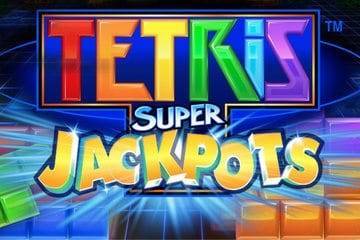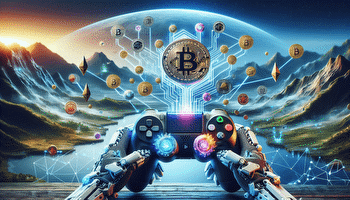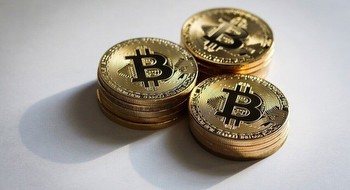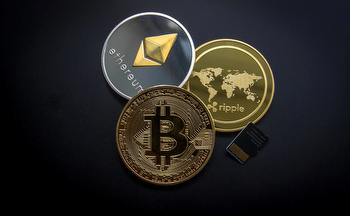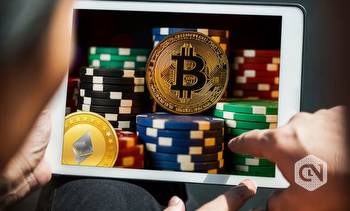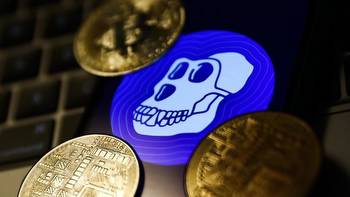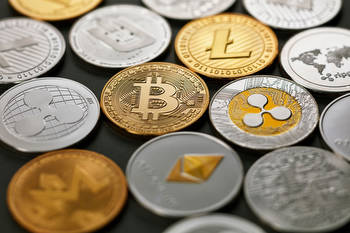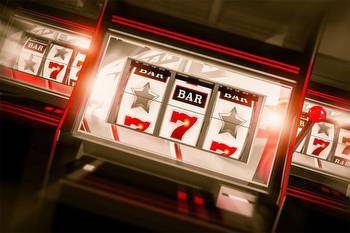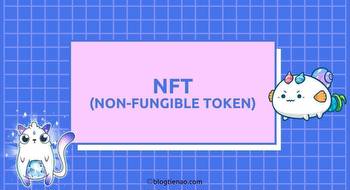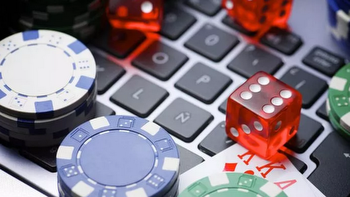NFTs and cryptocurrencies for casino gaming

New blockchain technologies are revolutionizing our world in many ways. One way is by rapidly changing the ways that we make transactions online.
One group of people who has realized the incredible potential of cryptocurrencies and other blockchain tools is Bitcoin casino operators.
In a modern online cryptocurrency casino, there is no need to lug heavy slot machines and other pieces of gaming equipment around the floor. There’s also no need to do traditional bank verification, either. Both of these processes are practically eliminated by the ability to run casinos on a blockchain transaction model.
One way to set up some of these casino environments is to use non-fungible tokens or NFTs. NFTs are digital tokens tied to assets – in mainstream media, you see them talked about as attached to pieces of artwork. But they can also be attached to casino winnings for effective ways to verify ownership and earnings.
Think of the NFT as a tag created by blockchain data. It’s immutable and permanent, and as long as the asset is always tied to the token, you’re always going to have the same authentication result.
Cryptocurrencies are another way to go with digital casino gaming.
Unlike fiat currencies, cryptocurrencies are not subject to the whims of central banks. They also don’t need traditional verification because of their consensus-based and decentralized nature.
These cryptocurrencies have created their own markets with their own volume and value. Although Bitcoin started out as a payment medium, it quickly became an investment product and has significant volatility, which is something to think about if you’re using these cryptocurrencies for gaming.
Casino operators took the idea of NFTs and cryptocurrencies and integrated them into a value platform for poker, roulette and more. Slot machines are also another core part of this digital crypto gaming process.
In bringing the power of blockchain to digital gaming casinos, operators have understood some of the fundamental benefits of using these kinds of digital assets online.
One is the lack of any need for formal bank verification. This is also being recognized in the use of remittances or international payments. Where fiat currencies require costly processes to identify parties and counterparties, cryptocurrencies are much easier to send virtually from one owner to another. Defi and crypto have also led to different ways to approach lending that are transformative to the lending process. That has led to Bitcoin and other coins being considered a “safe haven” in turbulent equities markets, and allowing for different types of interest payments to lenders.
There is also the transparency of the blockchain itself. While players can take advantage of relative anonymity, the chain of ownership is clearly defined through what people refer to as blockchain’s “immutable ledger.”
It’s also important to note that NFT and cryptocurrency markets are booming, so tying game play to these markets with digital assets means players get value they can actually use in many different ways outside of a casino platform.
With that in mind, there’s also the power of choice – while Bitcoin is the first of its kind, many other cryptocurrencies and NFT assets are being developed now, leading to a more vibrant market space.
What crypto casino systems have that other kinds of cryptosystems don’t is a dedication to the principle of gamification.
The idea that people experience visual gaming as a preferred interface is something that casino operators have seized on. It may not be that fun to simply select digital assets from an exchange, but many people find the experience of crypto gaming quite enjoyable. The visual and imaginative nature of the games combined with the ease of use of digital assets is a powerful combination from a market perspective.
For those who have taken the step to get involved in this type of digital gaming, it all comes down to logistics – what venues you will use, what coins and tokens you will use, how you will store them, and how you will research their value through the process of due diligence.
When it comes to NFTs, this can be a little harder. In the wake of big NFTs selling for millions of dollars (as in the case of Beeple art works at Christies), writers started to come out with exposés about the nature of an NFT itself – whether an NFT tied to a transient URL would lose its value if the web domain went down, for example.
Think about all of these things as you get involved in the interesting world of NFTs and cryptocurrency. These new markets beckon to investors and those who want to grow their money – but doing detailed research, and knowing the market context of these assets, is important.







